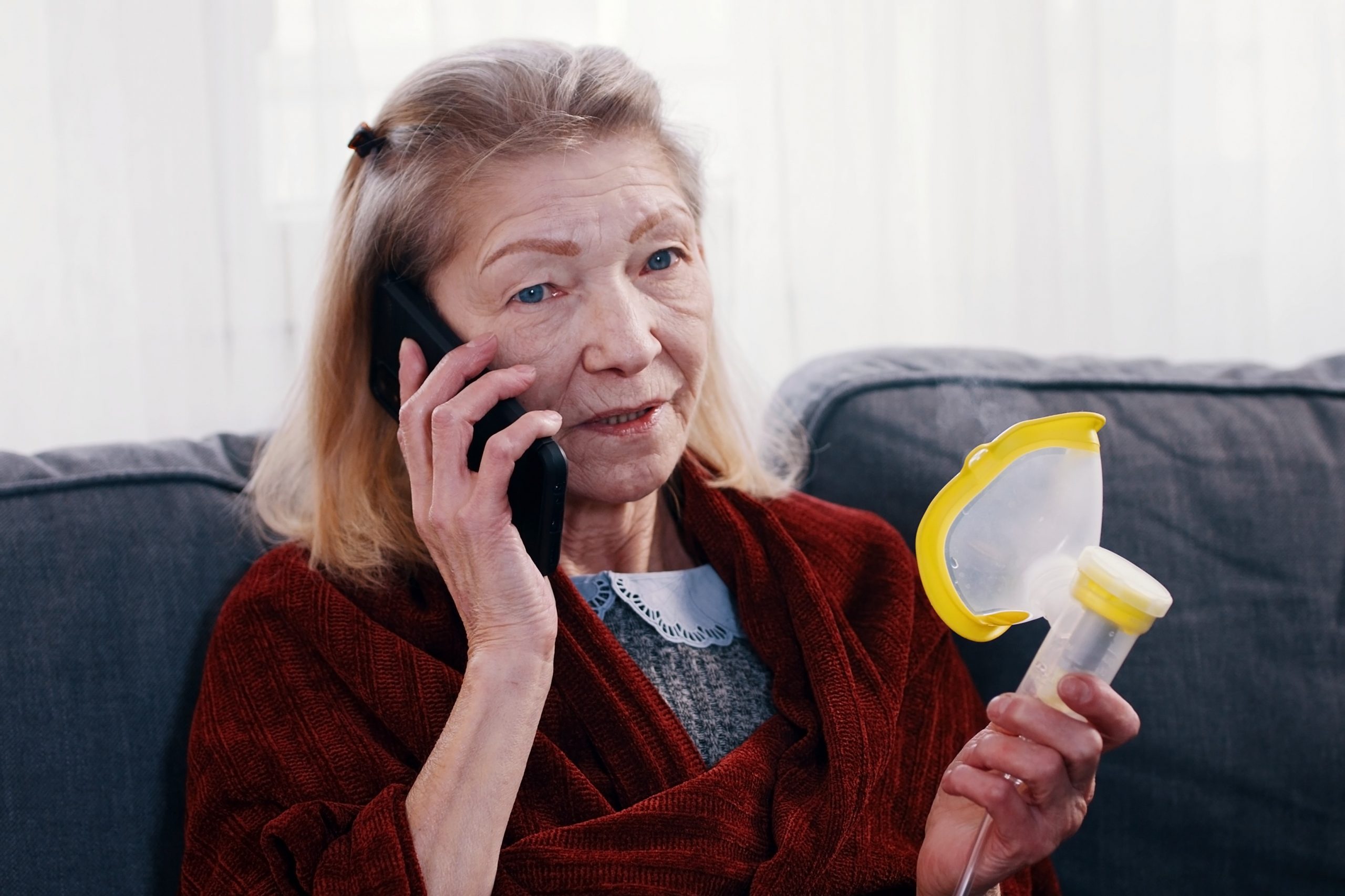
The challenges of buying your first property go far beyond lattes and avocado toast; we ask the experts for advice on getting onto the property ladder.
Despite some evidence that the property market is cooling, it is still extremely difficult for first-time buyers to amass the cash to buy their first home.
The barriers to entry include the need to save a hefty deposit as well as convince a mortgage lender that they can afford monthly payments for their home. These tasks have become much trickier since regulation was tightened following the financial crisis in 2008.
But for young people who cannot quite hit the mark alone, there are schemes designed to help – some offered by the government and some by banks. All have different pros and cons and are suitable for different types of homebuyers at different stages in the process.
“Buying a property is a big decision – even more so for a first-time buyer, and in a complicated market – but there is a wide range of products and lenders out there to help most circumstances,” says Alex Beavis, mortgage director at financial adviser Sesame Bankhall.
Here are a few things to start thinking about as you prepare to buy your first property.
Schemes to help with your deposit
For many people, raising a deposit for a home is the toughest task. The following schemes can help.
Lifetime and Help to Buy ISAs
What they do: Both schemes aim to help those saving for a deposit by adding a government top-up to the savings. With the Help to Buy ISA, the top-up comes when you make the house purchase, while with the Lifetime ISA, the government adds the money on as you go. In each case, the government puts in 25% of what you save, up to £1,000 a year in a Lifetime ISA, and up to £3,000 in total for a Help to Buy ISA.
The small print: These schemes have some restrictions. The Help to Buy ISA is now closed to new applicants, while the Lifetime ISA (LISA) is available only for those who apply for it while they are under 40. You can only pay into the account until you reach 50. The money can only be used to buy your first home or, after you reach the age of 60, to pay for retirement. The home you buy must be worth under £450,000 and bought with a mortgage, and you must not have owned property before.
Pete Mugleston, Managing Director at the broker onlinemortgageadvisor.co.uk, says the LISA scheme carries hefty exit fees for those who want to use the money for any other purpose. However, he adds that the fact that two first-time buyers (as part of a couple, for example) can open one each and both benefit is a plus. “If your plans meet the criteria, a LISA might be the right scheme for you,” he says.
95% mortgage guarantee scheme
What it does: High Street lenders are incentivised to offer better rates to those with just a 5% deposit, thanks to a government scheme that effectively insures them against the extra possible losses from doing so.
The small print: The scheme is available on homes worth under £600,000 and customers must have a repayment mortgage, not interest only. Mugleston says that the scheme initially runs until December 2022, and that the loans might not offer the best value for everyone so they should check the whole market.




